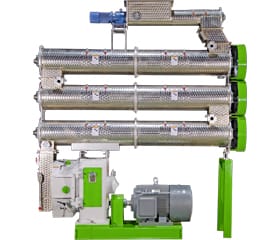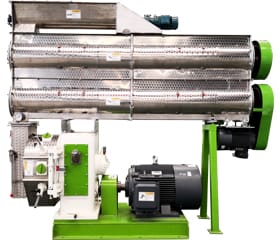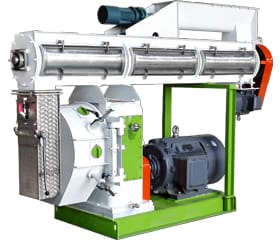Daily management of caged chickens
1. Maintain good environmental conditions
(1) Keep the house dry, check the drinking water system frequently, and avoid leaking or overflowing water from the drinking fountain.
(2) Keep the house clean and hygienic. Manure should be cleaned at least once a day, and the manure should be cleaned at noon during the cold season to expel ammonia in time.
(3) The staff should move lightly in the house, do not have special sound, and try to avoid causing commotion in the flock.
(4) The bulb should be wiped once a week, and the broken bulb should be replaced in time to ensure proper illumination.

2. Observe the flock of chickens
The purpose of observing the flock is to grasp the health and appetite of the flock, to pick out the sick chickens, to pick out the dead chickens, and to check whether the feeding and management conditions meet the requirements.
(1) Observe the feed intake of chickens at any time, calculate the feed intake every day, and find the reason for the decrease in feed intake of chickens and solve them in time.
(2) Pick out the discontinued chickens. Discontinued chickens generally have small shrunken crowns, rough and pale, yellow eye circles and beaks. The main wing feathers have fallen off, the distance between the pubic bones has become smaller, and those with thicker pubic bones should be eliminated. For some underweight, overweight and paralyzed chickens, lame chickens should also be eliminated in time. If there are more paralyzed chickens, check the content of calcium, phosphorus and vitamin D3 in the diet and the mixing of the feed.
(3) When picking out diseased chickens, you should pay attention to the flocks every day. If you find that the appetite is poor, the slow-moving chickens should be picked out in time and be isolated for observation and treatment; if a large group of suddenly dead chickens is found and the number is large, an autopsy must be done immediately Analyze the reasons in order to find out whether there is epidemic disease in the flock in time. Observe the feces every morning, and find out infectious diseases such as pullorum and typhoid in time; after turning off the lights every night, listen to whether the chickens have respiratory symptoms, such as dryness, wet sound, coughing, sneezing, and nasal throwing. Out, isolation and treatment to prevent spreading.
(4) The quality of eggs such as eggshell, egg white, egg yolk concentration, egg yellow pigment, blood spots, meat spots, sand preserved eggs, abnormal eggs, especially large eggs, high broken eggs, etc. should be observed frequently, and the reasons should be analyzed in time , And take corresponding measures.

3. Picking up eggs
The egg picking time is fixed, once a day in the morning and once in the afternoon (the egg production rate is less than 50%, and it can only be picked once a day). When picking up eggs, handle them gently to minimize breakage, and the broken egg rate should not exceed 3%. After the eggs are collected, they are immediately fumigated and disinfected with formalin, and then sent to the egg warehouse for storage after disinfection.
4. Complete all assignments carefully and on time
The daily light switch time, feeding and watering, egg picking, manure cleaning, etc. should be carried out and completed on time according to the specified operating time.
If you have the following questions, welcome to consult Richi Machinery:
how to make chicken feed for layers
equipment for 5 ton per hour chicken feed line
components of a poultry feed production plant
15 ton per hour chicken poultry feed line winch
how to make chicken feed for ranger chicken
poultry feed making machine in south korea
how to make chicken feed at 24 protein
3tph poultry feed equipment in accra ghana
hot sale 4tph capacity broiler chicken feed making plant equipments
If you want to built one complete pellet production line in your country, pls send the inquiry to us. We will customized design according to your requirement.



